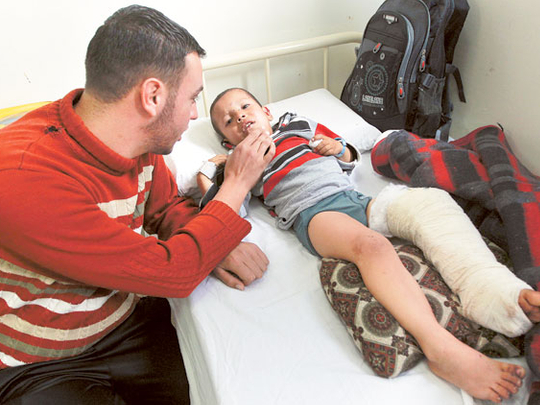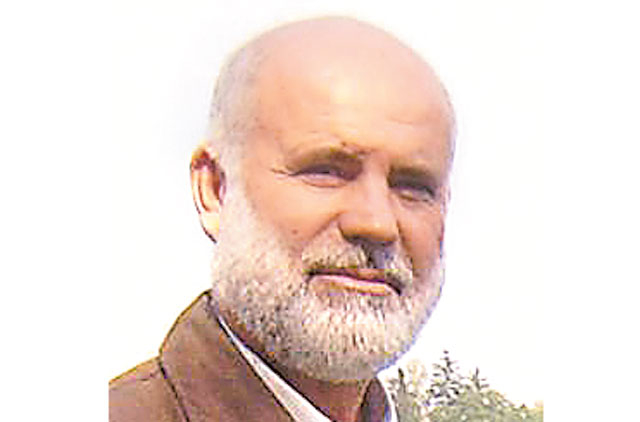
Gaziantep, Turkey: A group of Syrians from Aleppo announced the formation of an elected provincial council on Monday, marking what could be a significant new step by the opposition to lay the groundwork for an alternative government that could take power if President Bashar Al Assad’s regime falls.
The election comes at a critical time in the battle to unseat Al Assad, with the rebels advancing rapidly in the north and east of the country, Islamist extremists playing an expanded role in the fighting and the international community stepping up support for moderates within the opposition, including a pledge by the United States of $60 million in non-lethal aid.
The immediate priority of the 29-member Aleppo council is to restore services to war-ravaged areas of the province, including electricity, water, health care and supplies of bread, a huge challenge at a time when the Syrian government is still regularly bombing rebel-held territory, most recently with ballistic missiles.
It is still unclear how the council will be funded, but organisers said they hoped to receive at least some of the promised US assistance. But the council’s true importance may lie in the assertion for the first time of a civilian authority over the assortment of often ill-disciplined fighters who have become the de facto rulers of large swathes of the country, said participants in the election, which took place over three days at a hotel on the outskirts of the southern Turkish town of Gaziantep because it was deemed too dangerous to hold the vote inside Syria.
Leading Free Syrian Army commanders showed up to express support, but also to make sure they wouldn’t lose influence to the new body, said an election organiser who spoke on the condition of anonymity because of the sensitivity of the issue. Managing the relationship between the rebel fighters who wield power on the ground and the civilian opposition figures who hope to govern Syria one day “will be our biggest challenge,” he said.
Though numerous small communities have already formed their own councils, this is the first real attempt to create a province-wide governing body, though its reach will not extend into those areas still under government control. Just as significantly, the council is hoping to counter the influence of extremists by offering citizens an alternative source of support and assistance, said Jalal Kanji, 65, an engineering professor who is temporarily heading the body pending the election of a president.
The Al Nusra Front has seen its popularity surge in Aleppo, because the group has resources, “which means they can help people,” he said. “And now we have to get support too. We have to find a way to cut their influence.”
The election was far from perfect, its participants acknowledged, and could hardly be billed as an exercise in representative democracy given that only 224 people took part. They purportedly had been chosen by their communities to represent them, though the methods by which they were selected remained murky.
All 29 members of the council are male and Sunnis, leaving no role for the province’s religious minorities, including its sizable population of Kurds. But it was nonetheless an important first step toward democracy, said Muath Al Khatib, the head of the umbrella Syrian Opposition Coalition, who turned up to endorse the process. “This is a gift for Syria so try to make it a success,” he said.












